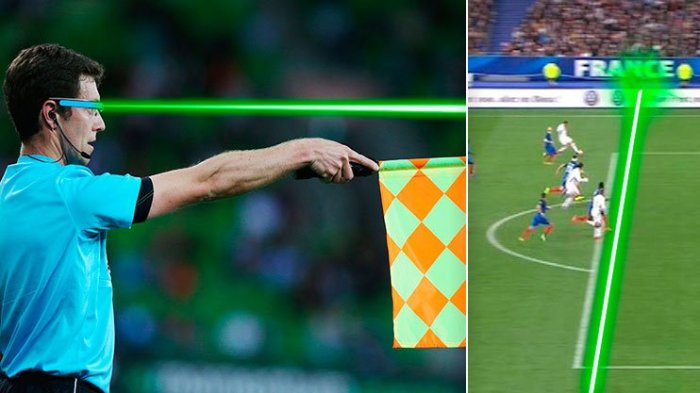This person assists the referee – The referee’s assistant, a crucial figure in the world of sports, plays an indispensable role in ensuring the smooth and fair conduct of games. From enforcing the rules to assisting with player substitutions, these individuals are the unsung heroes who contribute significantly to the overall quality and fairness of sporting events.
Their responsibilities extend beyond merely raising flags for offside or indicating throw-ins. Referee’s assistants are tasked with maintaining clear communication with the referee, providing valuable insights and perspectives that enhance decision-making. They also assist with timekeeping, player substitutions, and other administrative duties, ensuring the game progresses seamlessly.
Referee’s Assistant Roles: This Person Assists The Referee
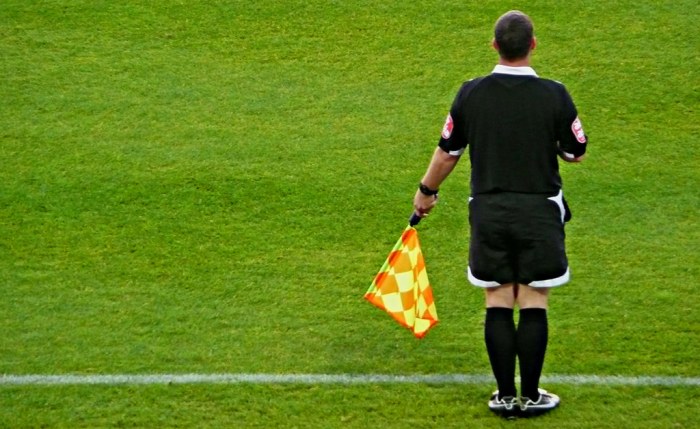
A referee’s assistant, also known as a linesman or lineswoman, plays a vital role in assisting the referee during a soccer match. Their primary responsibilities include:
Monitoring the offside rule
The assistant is responsible for determining whether an attacking player is offside. They must judge the position of the player in relation to the second-to-last defender and signal to the referee if the player is offside.
Indicating throw-ins
When the ball goes out of bounds, the assistant indicates which team is entitled to a throw-in. They must also ensure that the throw-in is taken correctly.
Managing substitutions
The assistant is responsible for managing substitutions during the match. They must ensure that only the correct players enter and leave the field of play and that all substitutions are made in accordance with the laws of the game.
Assisting with other decisions
The assistant may also assist the referee with other decisions, such as awarding penalties or free kicks. They may also provide information to the referee about incidents that occur off the ball.
Importance of Communication
Clear communication and coordination between the referee and the assistant are essential for the smooth running of a match. The assistant must be able to quickly and accurately relay information to the referee, and the referee must be able to trust the assistant’s judgment.
Duties and Responsibilities
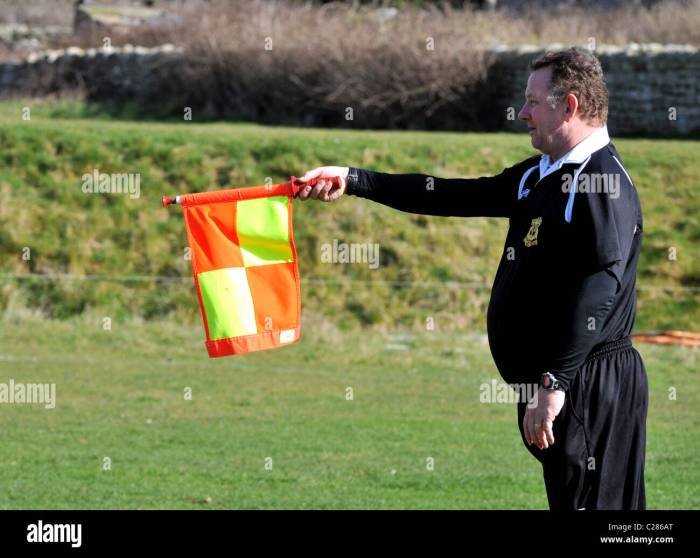
The referee’s assistant, also known as the linesman or assistant referee, plays a crucial role in assisting the referee in ensuring the fair and impartial conduct of a game.
Their duties and responsibilities encompass a wide range of tasks, including:
Enforcing the Rules and Maintaining Fair Play, This person assists the referee
- Monitoring offside positions and signaling to the referee when an infringement occurs.
- Indicating when the ball has gone out of bounds or when a throw-in, corner kick, or goal kick should be awarded.
- Assisting the referee in identifying and penalizing fouls, such as tripping, pushing, or handling the ball.
Assisting with Player Substitutions, Timekeeping, and Other Administrative Tasks
- Indicating to the referee when a player is requesting a substitution and ensuring the correct procedure is followed.
- Assisting with timekeeping and signaling to the referee when the allotted time has expired.
li>Performing other administrative tasks as directed by the referee, such as carrying the spare ball or assisting with the coin toss before the start of the game.
Skills and Qualifications
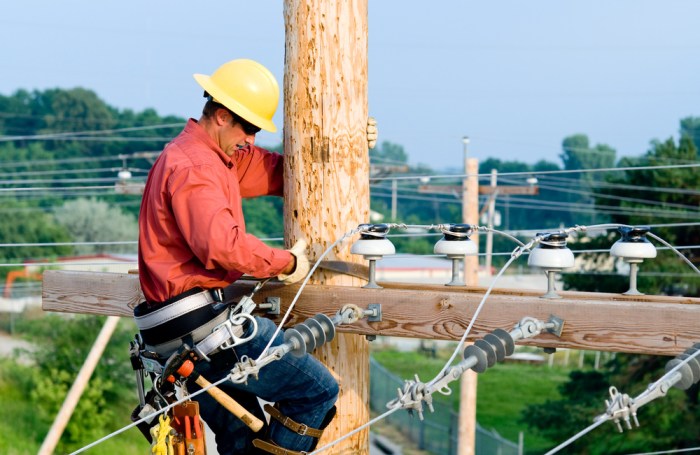
To excel as a referee’s assistant, individuals must possess a unique blend of skills and qualifications. These include exceptional physical fitness, sound decision-making abilities, and effective communication skills.
Physical fitness is paramount as referee’s assistants are required to cover significant distances during a match. They must be agile, have quick reflexes, and possess the endurance to keep pace with the fast-paced action on the field.
Decision-Making Abilities
Decision-making is a crucial aspect of a referee’s assistant’s role. They must be able to make quick and accurate judgments in real-time, often under pressure. This requires a keen understanding of the game’s rules and regulations, as well as the ability to interpret complex situations swiftly and decisively.
Communication Skills
Effective communication is essential for referee’s assistants to convey decisions clearly and maintain order on the field. They must be able to communicate effectively with the referee, players, coaches, and spectators. This involves using clear hand signals, verbal cues, and body language to convey decisions and instructions.
Certification Process
To become a certified referee’s assistant, individuals typically undergo a training and certification program conducted by the relevant governing body. This program covers the game’s rules and regulations, decision-making protocols, and communication techniques. Upon successful completion of the program, candidates receive certification, which authorizes them to assist referees in official matches.
Training and Development

To ensure the proficiency and effectiveness of referee’s assistants, comprehensive training and development opportunities are essential. These initiatives equip assistants with the knowledge, skills, and best practices necessary to excel in their roles.
Ongoing education and professional development are paramount for referee’s assistants. Regular training sessions, workshops, and seminars provide opportunities for assistants to stay abreast of rule changes, improve their decision-making abilities, and enhance their communication skills.
Workshops and Seminars
Workshops and seminars are immersive training experiences that allow assistants to engage in hands-on activities, simulations, and discussions. These sessions are typically led by experienced referees or instructors who share their expertise and provide guidance.
- FIFA Referee Assistant Workshops: Conducted by FIFA to train and develop international referee’s assistants.
- National Referee Assistant Seminars: Organized by national football associations to enhance the skills of domestic referee’s assistants.
- Regional Referee Assistant Clinics: Focus on specific aspects of assistant refereeing, such as offside detection or flag signaling.
Online Resources
Online resources offer flexible and accessible learning opportunities for referee’s assistants. These platforms provide access to instructional videos, interactive quizzes, and online forums where assistants can connect with peers and experts.
- FIFA Refereeing Academy: An online platform with a dedicated section for referee’s assistants, featuring training materials and resources.
- VAR Education Hub: An online resource developed by IFAB to support the implementation and understanding of video assistant referees (VARs), including guidance for referee’s assistants.
- Referee Assistant Masterclass: An online course that provides comprehensive training for aspiring and experienced referee’s assistants.
Impact on the Game
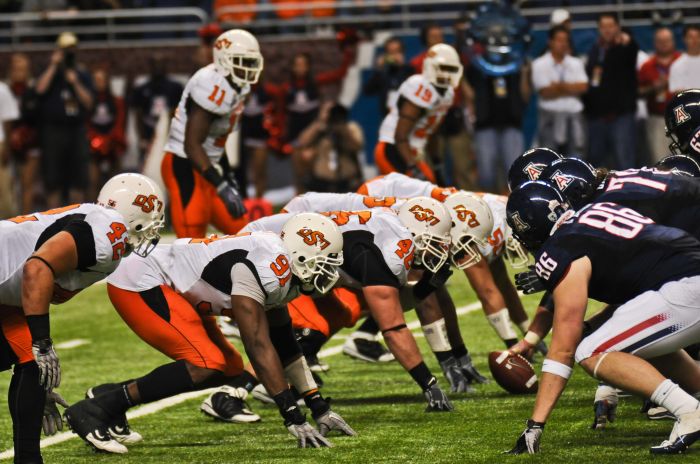
Referee’s assistants play a crucial role in ensuring the fairness and quality of a match. Their decisions and actions can significantly influence the outcome of the game, particularly in close or contentious matches.
Assistant’s Decisions and Match Outcome
- Goal-line calls:Assistants are responsible for signaling whether the ball has crossed the goal line, a decision that can determine the outcome of a match.
- Offside calls:Assistants determine whether an attacking player is offside, a decision that can affect the legality of goals or influence the attacking team’s tactics.
- Fouls and penalties:Assistants assist the referee in identifying fouls and may recommend disciplinary action, such as yellow or red cards, which can alter the balance of the match.
Examples of Significant Impact
There are numerous instances where the intervention of a referee’s assistant has significantly affected the outcome of a game:
- In the 2010 FIFA World Cup, England was awarded a goal against Germany due to an assistant’s correct decision that the ball had crossed the line, despite the referee’s initial hesitation.
- In the 2014 UEFA Champions League final, an assistant’s offside call denied Chelsea a potential equalizer against Bayern Munich, ultimately contributing to their defeat.
User Queries
What are the primary responsibilities of a referee’s assistant?
Referee’s assistants are responsible for enforcing the rules of the game, assisting with player substitutions, timekeeping, and maintaining clear communication with the referee.
What skills and qualifications are essential for a referee’s assistant?
Effective referee’s assistants possess physical fitness, decision-making abilities, communication skills, and a thorough understanding of the game’s rules and regulations.
How can one become a certified referee’s assistant?
Aspiring referee’s assistants typically undergo training and certification programs conducted by sports governing bodies or officiating associations.
